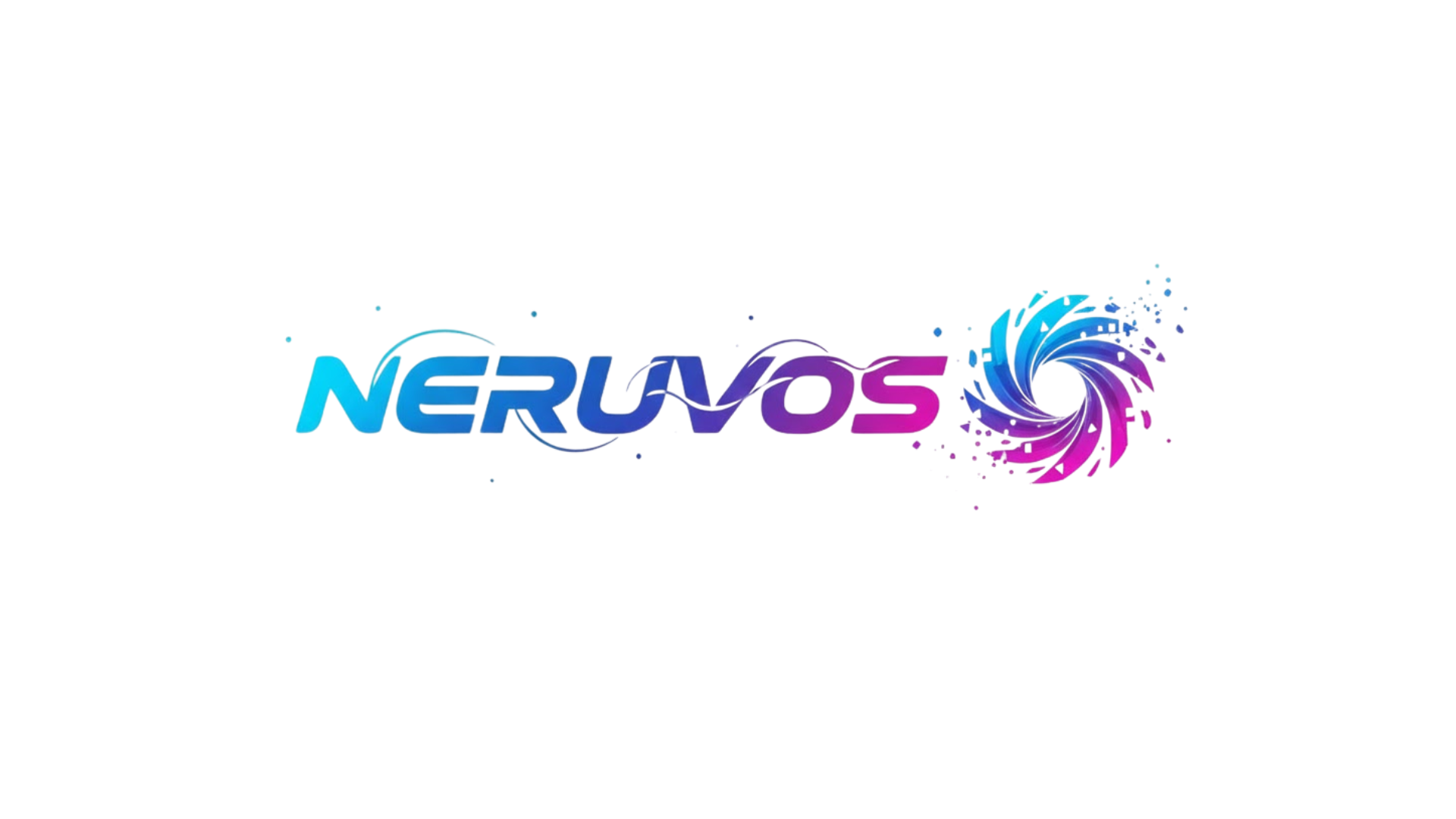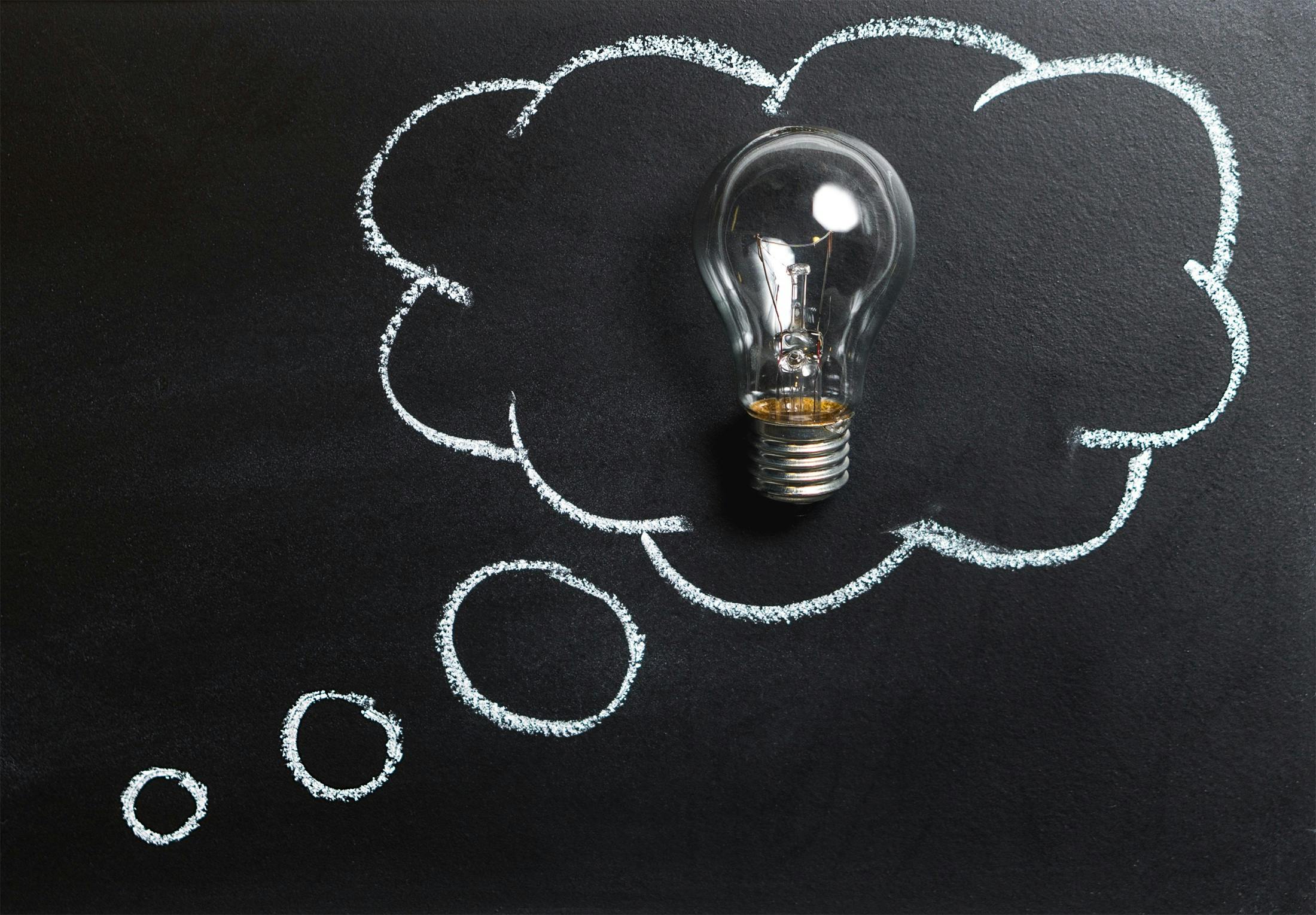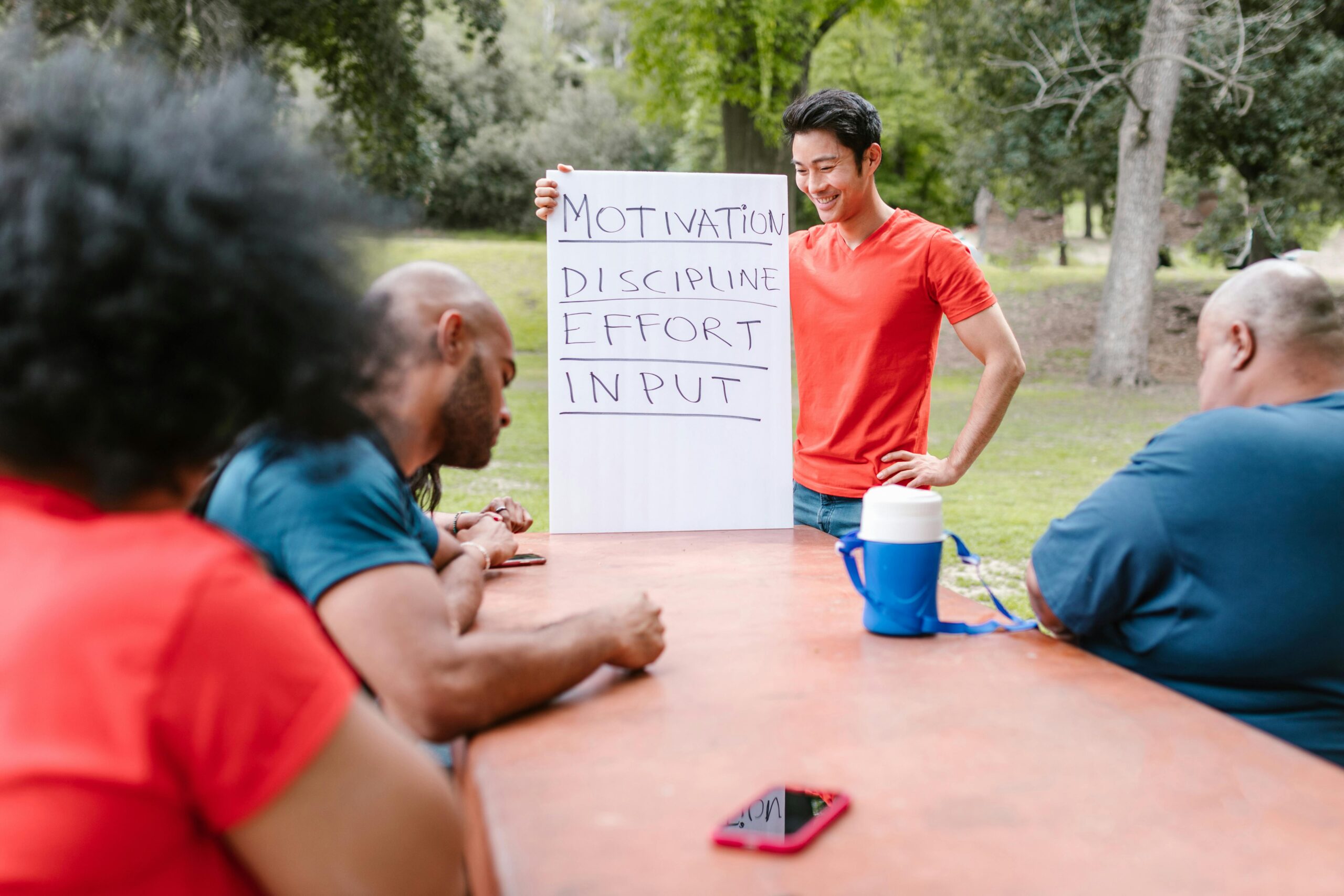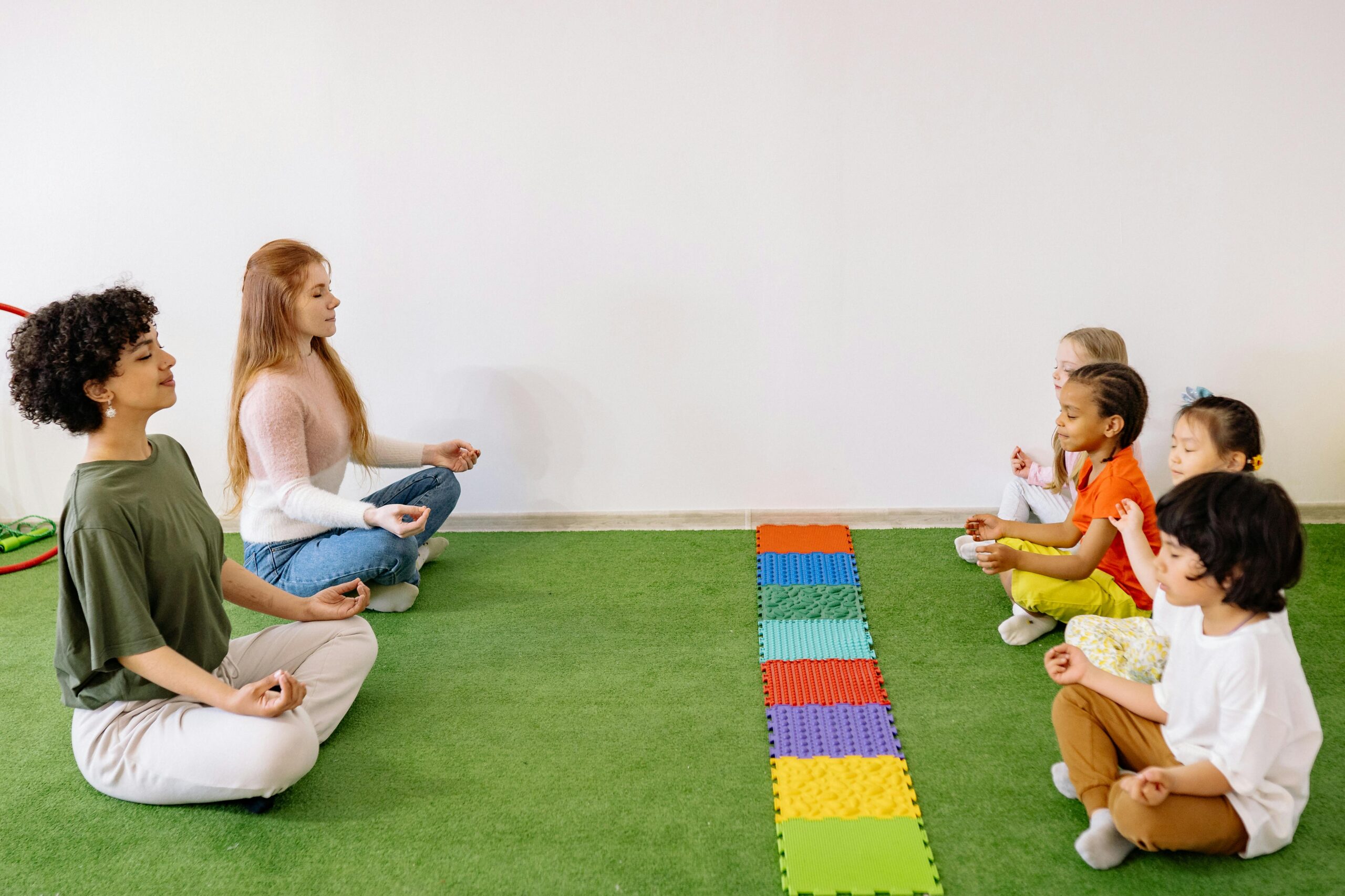Personal development and education are intertwined forces that shape our future. When combined strategically, they create opportunities for exponential growth, career advancement, and profound life transformation.
🌟 The Foundation: Understanding Personal Development Through Education
Personal development represents the conscious pursuit of improving oneself through enhanced awareness, identity development, talent cultivation, and quality of life optimization. Education serves as the primary vehicle driving this transformation, providing the knowledge, skills, and perspectives necessary to unlock our hidden potential.
The relationship between education and personal growth extends far beyond traditional classroom learning. It encompasses formal education, self-directed learning, professional training, mentorship, and experiential knowledge acquisition. Each educational experience contributes to building the framework of who we become and what we can achieve.
Research consistently demonstrates that individuals who prioritize continuous learning and personal development report higher levels of life satisfaction, career success, and emotional wellbeing. This connection isn’t coincidental—education fundamentally rewires our neural pathways, expanding our capacity for critical thinking, problem-solving, and creative innovation.
📚 Why Education Catalyzes Personal Transformation
Education acts as a catalyst for personal development by challenging existing belief systems and introducing new frameworks for understanding the world. When we learn something new, we don’t simply add information to our mental database—we fundamentally alter how we perceive reality and our place within it.
This transformative power manifests in several concrete ways:
- Enhanced cognitive flexibility and adaptability to change
- Improved communication and interpersonal skills
- Increased confidence in decision-making abilities
- Greater emotional intelligence and self-awareness
- Expanded career opportunities and earning potential
- Stronger resilience in facing life’s challenges
The neuroplasticity of our brains means that learning literally reshapes our mental architecture. Each new skill mastered, concept understood, or perspective considered creates new neural connections that enhance our overall cognitive capacity and problem-solving abilities.
The Compound Effect of Consistent Learning
Personal development through education operates on the principle of compound growth. Small, consistent educational investments accumulate over time, producing exponential returns that far exceed the sum of individual learning sessions. A person who dedicates just 30 minutes daily to reading, online courses, or skill development accumulates over 180 hours of learning annually—equivalent to multiple university courses.
This compound effect extends beyond knowledge accumulation. Each learning experience builds upon previous ones, creating synergistic connections that amplify understanding across domains. A marketing professional who studies psychology gains deeper customer insights. An engineer learning design principles creates more user-friendly solutions. The interdisciplinary nature of modern education multiplies its transformative potential.
🎯 Strategic Approaches to Educational Personal Development
Maximizing personal development through education requires strategic planning rather than random knowledge consumption. Effective learners identify specific growth areas, set measurable objectives, and select educational resources aligned with their personal and professional goals.
Identifying Your Development Priorities
Begin by conducting an honest self-assessment of your current skills, knowledge gaps, and future aspirations. Consider both hard skills (technical abilities, languages, certifications) and soft skills (leadership, communication, emotional intelligence). This assessment creates a roadmap for targeted educational investment.
Ask yourself critical questions: Where do I want to be in five years? What skills separate me from that goal? Which knowledge areas would create the greatest impact in my personal or professional life? What capabilities would increase my value in the marketplace or enhance my life satisfaction?
Selecting Appropriate Educational Channels
Today’s educational landscape offers unprecedented diversity in learning channels. Understanding which methods align with your learning style, schedule, and objectives optimizes development effectiveness:
- Formal education: Degrees, certifications, and structured programs provide credibility and comprehensive knowledge
- Online learning platforms: Flexible, affordable access to specialized courses from global experts
- Books and audiobooks: Timeless wisdom and deep-dive expertise at your own pace
- Mentorship and coaching: Personalized guidance from those who’ve achieved your goals
- Workshops and seminars: Intensive, focused learning with networking opportunities
- Experiential learning: Projects, volunteering, and real-world application of skills
The most effective personal development strategies combine multiple channels, creating a rich educational ecosystem that addresses different aspects of growth simultaneously.
💡 Overcoming Educational Barriers and Resistance
Despite education’s transformative potential, numerous obstacles prevent people from pursuing consistent personal development. Understanding and addressing these barriers is essential for sustained growth.
Time Constraints and Priority Management
The most commonly cited barrier to educational personal development is lack of time. However, time scarcity often reflects prioritization rather than absolute availability. Successful learners treat education as a non-negotiable priority, scheduling learning sessions with the same commitment as work meetings or family obligations.
Microlearning strategies help overcome time barriers by breaking educational content into digestible segments. Ten-minute learning sessions during commutes, lunch breaks, or morning routines accumulate substantial knowledge over time without requiring major schedule overhauls.
Financial Considerations
While quality education sometimes requires financial investment, countless free or low-cost resources deliver exceptional value. Public libraries, open courseware from prestigious universities, YouTube tutorials, podcasts, and free online platforms democratize access to world-class education.
Viewing education as an investment rather than an expense shifts perspective. The career advancement, increased earning potential, and enhanced life quality resulting from personal development typically generate returns that dwarf initial costs.
Psychological Barriers and Fixed Mindset
Carol Dweck’s research on mindset reveals how beliefs about intelligence and ability profoundly impact learning outcomes. Individuals with fixed mindsets believe abilities are static, leading to avoidance of challenges and abandonment when difficulties arise. Growth mindset individuals view abilities as developable through effort, embracing challenges as opportunities for development.
Cultivating a growth mindset requires conscious effort to reframe setbacks as learning opportunities, celebrate progress over perfection, and recognize that expertise develops through persistent practice rather than innate talent.
🚀 Practical Implementation: Creating Your Development Plan
Transforming educational aspirations into tangible results requires structured implementation. A well-designed personal development plan converts intentions into actions and aspirations into achievements.
The SMART Framework for Educational Goals
Effective educational objectives follow the SMART criteria—Specific, Measurable, Achievable, Relevant, and Time-bound. Instead of vague intentions like “improve my skills,” SMART goals might include “complete a data analytics certification course within three months” or “read twelve personal development books this year, one monthly.”
Specific goals create accountability and enable progress tracking. Measurable objectives provide clear success indicators. Achievable targets maintain motivation by balancing ambition with realism. Relevant goals align with broader life objectives. Time-bound deadlines create urgency and prevent indefinite postponement.
Building Sustainable Learning Habits
Habit formation transforms educational personal development from willpower-dependent activities into automatic behaviors. The habit loop—cue, routine, reward—can be strategically designed to embed learning into daily life.
Identify existing habits that can serve as cues for learning behaviors. After morning coffee (cue), read for twenty minutes (routine), and enjoy the satisfaction of progress (reward). After evening exercise (cue), listen to an educational podcast (routine), and reflect on insights gained (reward). Linking new learning habits to established routines increases implementation success.
Tracking Progress and Celebrating Milestones
Regular progress assessment maintains motivation and enables course correction. Create a learning journal documenting courses completed, books read, skills acquired, and insights gained. Periodic review of this record provides tangible evidence of growth that might otherwise feel incremental or invisible.
Celebrate achievements at various milestones. Completing a challenging course, finishing an important book, or successfully applying a new skill warrants recognition. These celebrations reinforce positive associations with learning and fuel continued commitment to personal development.
🌐 The Digital Revolution in Personal Development Education
Technology has fundamentally transformed educational accessibility and effectiveness. Digital platforms eliminate geographical barriers, reduce costs, and personalize learning experiences at unprecedented scale.
Leveraging Online Learning Platforms
Platforms like Coursera, Udemy, LinkedIn Learning, and Khan Academy provide access to thousands of courses spanning virtually every subject. These platforms offer flexibility to learn at your own pace, pause and replay difficult concepts, and access instruction from world-renowned experts regardless of location.
Many platforms incorporate gamification elements—badges, progress bars, completion certificates—that leverage psychological principles to maintain engagement and motivation throughout the learning journey.
Mobile Learning Applications
Smartphone applications transform idle moments into learning opportunities. Language learning apps, coding practice platforms, meditation guides, and educational games enable productive use of previously wasted time during commutes, waiting rooms, or breaks.
The convenience of mobile learning eliminates traditional barriers like fixed schedules or specific locations. Education becomes truly continuous, integrated seamlessly into daily life rather than segregated into specific times and places.
Social Learning and Online Communities
Digital platforms facilitate connection with fellow learners worldwide, creating communities that provide accountability, support, and collaborative learning opportunities. Discussion forums, study groups, and peer review systems enhance understanding through diverse perspectives and collective problem-solving.
Social learning leverages our fundamental need for connection, transforming potentially isolating self-education into engaging communal experiences that sustain motivation and deepen understanding.
🎓 Transforming Knowledge into Wisdom: Application and Integration
Information consumption without practical application produces minimal lasting value. True personal development requires transforming theoretical knowledge into embodied wisdom through consistent implementation and reflection.
The Implementation Gap
Research reveals a persistent gap between knowledge and action. People often consume educational content without applying insights to their lives, resulting in intellectual awareness without behavioral change. Closing this implementation gap separates genuine transformation from mere information accumulation.
Effective learners deliberately plan application strategies while consuming educational content. After reading a chapter, they identify specific actions to implement. Following a course module, they create opportunities to practice new skills. This active engagement converts passive learning into transformative development.
Reflection and Integration Practices
Regular reflection solidifies learning and reveals connections between concepts. Journaling about educational insights, discussing ideas with others, and teaching concepts to peers deepens understanding and retention. The Feynman Technique—explaining concepts in simple language as if teaching a beginner—exposes knowledge gaps and reinforces comprehension.
Integration practices weave new knowledge into existing frameworks, creating cohesive understanding rather than isolated facts. Asking how new concepts relate to previous learning, current challenges, or future goals builds interconnected knowledge networks that enable creative application and innovative thinking.
🌱 Lifelong Learning: Sustaining Development Momentum
Personal development through education isn’t a destination but a continuous journey. The most successful individuals maintain learning momentum throughout their lives, constantly evolving and adapting to changing circumstances.
Cultivating Curiosity and Intellectual Humility
Sustainable learning requires genuine curiosity—the intrinsic desire to understand how things work, why situations occur, and what possibilities exist. Curiosity transforms learning from obligatory task to pleasurable exploration, naturally sustaining engagement without requiring willpower.
Intellectual humility—recognizing the limits of current knowledge—creates openness to new perspectives and willingness to revise beliefs when confronted with better evidence. This humility prevents stagnation and maintains the beginner’s mindset that facilitates continuous growth.
Adapting to Evolving Educational Landscapes
The rapid pace of technological and societal change requires adaptive learning strategies. Skills relevant today may become obsolete tomorrow. Committing to lifelong learning ensures continued relevance and adaptability regardless of external changes.
Future-focused learners develop meta-learning skills—learning how to learn—that transcend specific content. These capabilities enable rapid skill acquisition across domains, providing flexibility to pivot as circumstances demand without starting from zero.
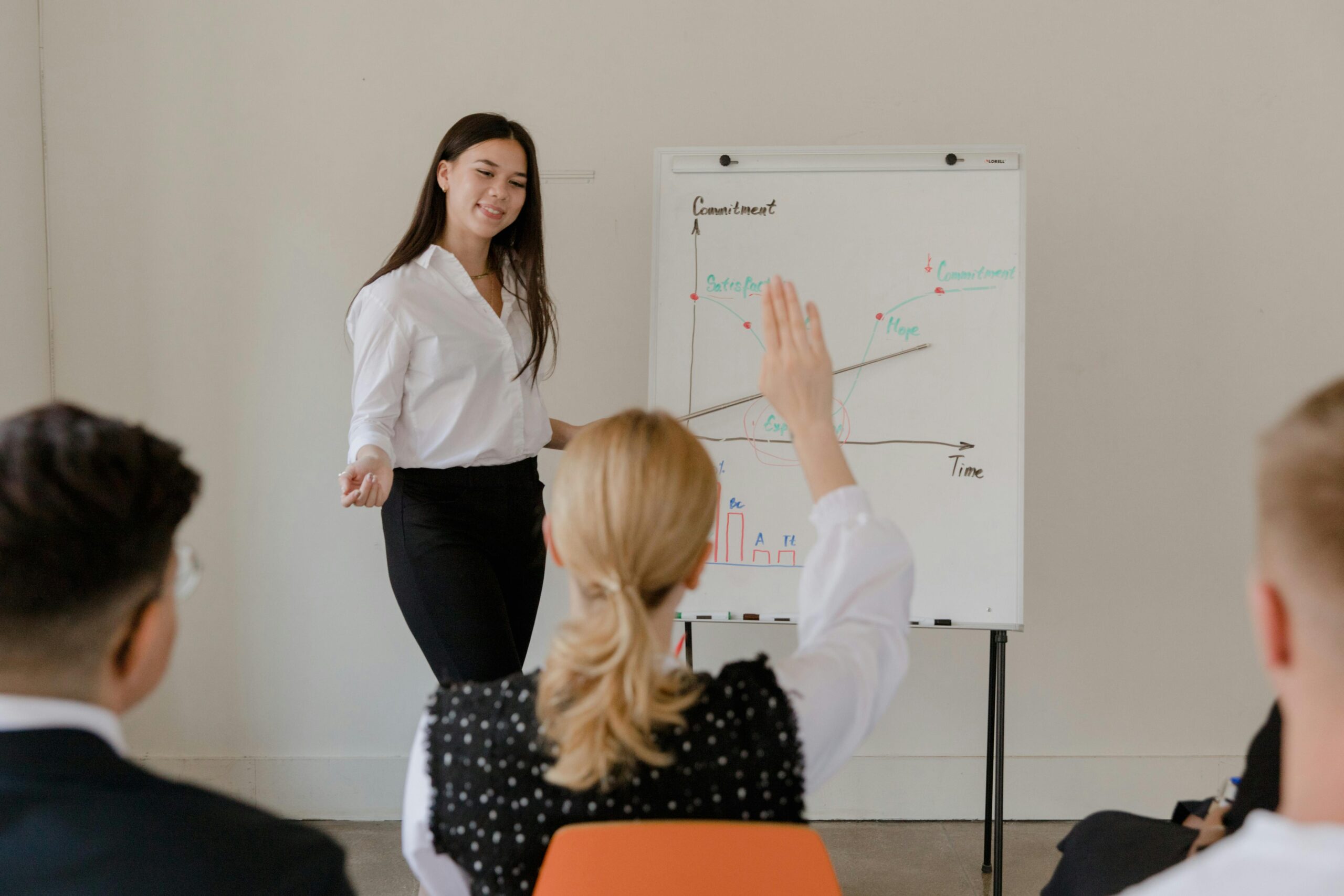
💪 Your Journey Begins Today
The power of personal development through education lies not in abstract potential but in concrete action. Every master was once a beginner. Every expert took that first uncertain step into unfamiliar territory. Your current circumstances don’t determine your future capabilities—your commitment to growth does.
Begin modestly but begin today. Select one area for development. Choose one educational resource. Schedule one learning session. These small actions, repeated consistently, compound into extraordinary transformation over time.
The person you’re capable of becoming awaits discovery through committed educational pursuit. Skills you’ll master, wisdom you’ll gain, and impact you’ll create remain latent, requiring only the catalyst of intentional learning to manifest. Your potential is unlimited—education provides the key to unlock it.
Remember that personal development isn’t about achieving perfection or comparing yourself to others. It’s about becoming incrementally better than yesterday, expanding your capabilities, deepening your understanding, and growing into the fullest expression of your unique potential.
The journey of a thousand miles begins with a single step. The transformation of a lifetime begins with a single learning session. Your educational journey toward unlocking your full potential starts now. What will you learn today? 🌟
Toni Santos is an education futurist and learning design researcher dedicated to reimagining how people build skills in a fast-changing world. With a focus on cognitive tools, EdTech innovation, and equitable access, Toni explores systems that help learners think deeper, adapt faster, and learn for life. Fascinated by the science of learning and the power of technology to personalize growth, Toni’s journey bridges classrooms, startups, and global initiatives. Each project he shares is an invitation to transform education into a continuous, human-centered experience—where curiosity, practice, and purpose align. Blending learning science, product design, and policy insight, Toni studies models that turn knowledge into capability at scale. His work highlights how thoughtful design and inclusive technology can unlock talent everywhere—across ages, cultures, and contexts. His work is a tribute to: Cognitive learning tools that make thinking visible and transferable EdTech innovation that expands access and personalizes pathways Lifelong learning systems that support relevance, resilience, and purpose Whether you’re building a learning product, shaping policy, or growing your own skills, Toni Santos invites you to design learning for tomorrow—one insight, one practice, one empowering pathway at a time.
